The Evolution of "Jewellery": A Linguistic Journey Through Time
Related Articles: The Evolution of "Jewellery": A Linguistic Journey Through Time
Introduction
In this auspicious occasion, we are delighted to delve into the intriguing topic related to The Evolution of "Jewellery": A Linguistic Journey Through Time. Let’s weave interesting information and offer fresh perspectives to the readers.
Table of Content
The Evolution of "Jewellery": A Linguistic Journey Through Time
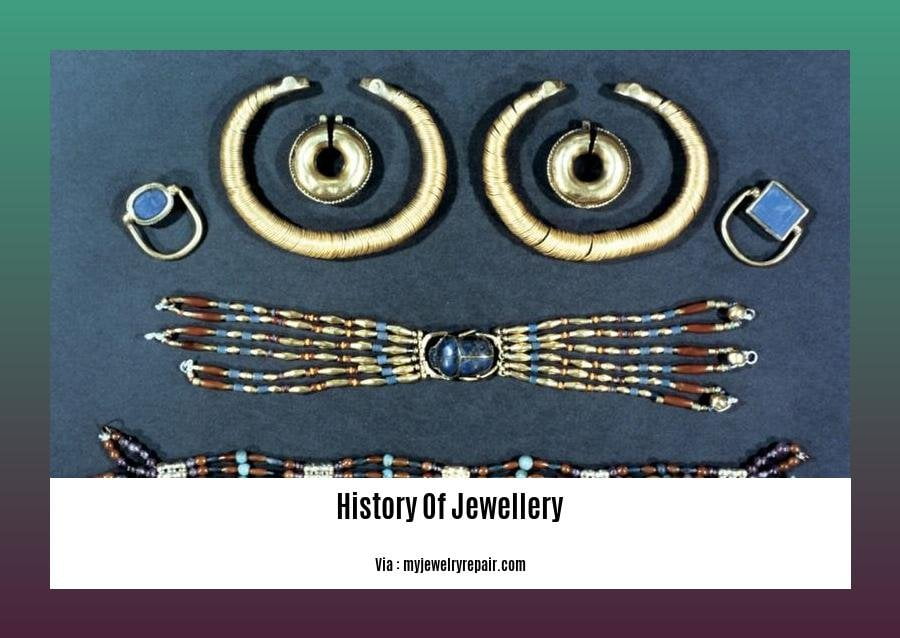
The word "jewellery" holds a unique position in the English language. While its usage is widespread and readily accepted, its historical origins and the ongoing debate surrounding its spelling present a fascinating case study in language evolution and the ever-changing nature of English orthography.
Historical Roots and Early Usage
The term "jewellery" traces its roots back to the Middle Ages, where it emerged as a variant spelling of the older word "jewelery." This earlier form, derived from the Old French "joielerie," referred to the craft of making or dealing in jewels.
During the 16th and 17th centuries, both "jewelery" and "jewellery" were used interchangeably, with no clear preference for one over the other. However, the rise of dictionaries in the 18th century began to standardize spelling, and "jewellery" gradually gained prominence.
The Rise of "Jewellery" and the Influence of Dictionaries
The 18th century saw the emergence of influential dictionaries such as Samuel Johnson’s "A Dictionary of the English Language" (1755). These dictionaries, aiming to establish a standard for English usage, favored "jewellery" over "jewelery." This preference likely stemmed from the perceived elegance of the double "l" spelling, which was considered more in line with the prevailing aesthetic standards of the time.
The Ongoing Debate and the Modern Context
Despite the widespread acceptance of "jewellery," the debate over its spelling continues to this day. Some argue that "jewelery" is a more accurate reflection of the word’s etymology, while others maintain that "jewellery" is the established and preferred form.
The debate is further complicated by the fact that "jewellery" is often used interchangeably with "jewelry" in American English. This variation reflects the ongoing linguistic divergence between British and American English, where spelling conventions often differ.
The Importance of Understanding Linguistic Evolution
The case of "jewellery" highlights the dynamic nature of language and the influence of historical, social, and cultural factors on word usage and spelling. It demonstrates that language is not static but constantly evolving, with new words emerging, old words changing, and spellings shifting over time.
Benefits of Understanding "Jewellery" and Its Spelling
Understanding the history and evolution of "jewellery" provides valuable insights into the English language:
- Historical Context: It allows for a deeper understanding of the historical context in which the word emerged and evolved.
- Linguistic Awareness: It fosters an appreciation for the dynamic nature of language and the influence of various factors on its development.
- Cultural Understanding: It highlights the cultural differences that can manifest in spelling variations, such as those between British and American English.
- Improved Communication: It helps to navigate the nuances of English spelling and avoid potential misunderstandings.
FAQs about "Jewellery":
Q: Is "jewellery" the correct spelling?
A: Both "jewellery" and "jewelery" have historical roots and have been used interchangeably for centuries. However, "jewellery" is generally considered the more widely accepted and preferred spelling, particularly in British English.
Q: Why is "jewellery" spelled with two "l"s?
A: The double "l" spelling likely emerged due to the influence of dictionaries in the 18th century, which favored "jewellery" over "jewelery" based on perceived elegance and conformity with prevailing aesthetic standards.
Q: Is "jewelry" a correct spelling?
A: "Jewelry" is a common spelling in American English, reflecting a distinct linguistic evolution from British English. While not considered incorrect, it is less commonly used in British English.
Q: Should I use "jewellery" or "jewelry"?
A: The choice depends on your target audience and the context of your writing. If writing for a British audience, "jewellery" is the preferred spelling. For American audiences, "jewelry" is generally acceptable.
Tips for Using "Jewellery":
- Consistency: Choose a spelling and stick to it throughout your writing to avoid confusion.
- Target Audience: Consider your target audience and their preferred spelling conventions.
- Contextual Relevance: Use the spelling that best fits the specific context of your writing.
- Dictionary Reference: Consult a reputable dictionary for guidance on the preferred spelling in your chosen language.
Conclusion:
The word "jewellery" represents a fascinating case study in linguistic evolution and the ongoing debate surrounding spelling conventions. While its origins are firmly rooted in the Middle Ages, its journey through time reflects the dynamic nature of language and the influence of various factors on its development. Understanding the history and evolution of "jewellery" fosters an appreciation for the richness and complexity of the English language, promoting a deeper understanding of its historical context, linguistic nuances, and cultural variations. Ultimately, the choice between "jewellery" and "jewelry" is a matter of personal preference, target audience, and the specific context of your writing.

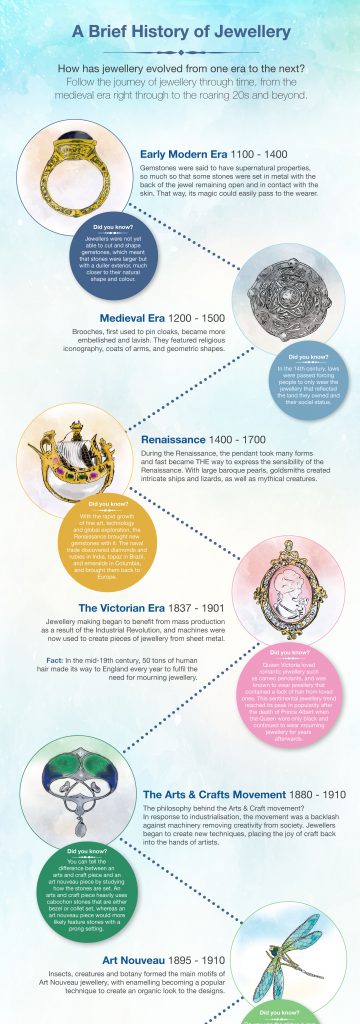

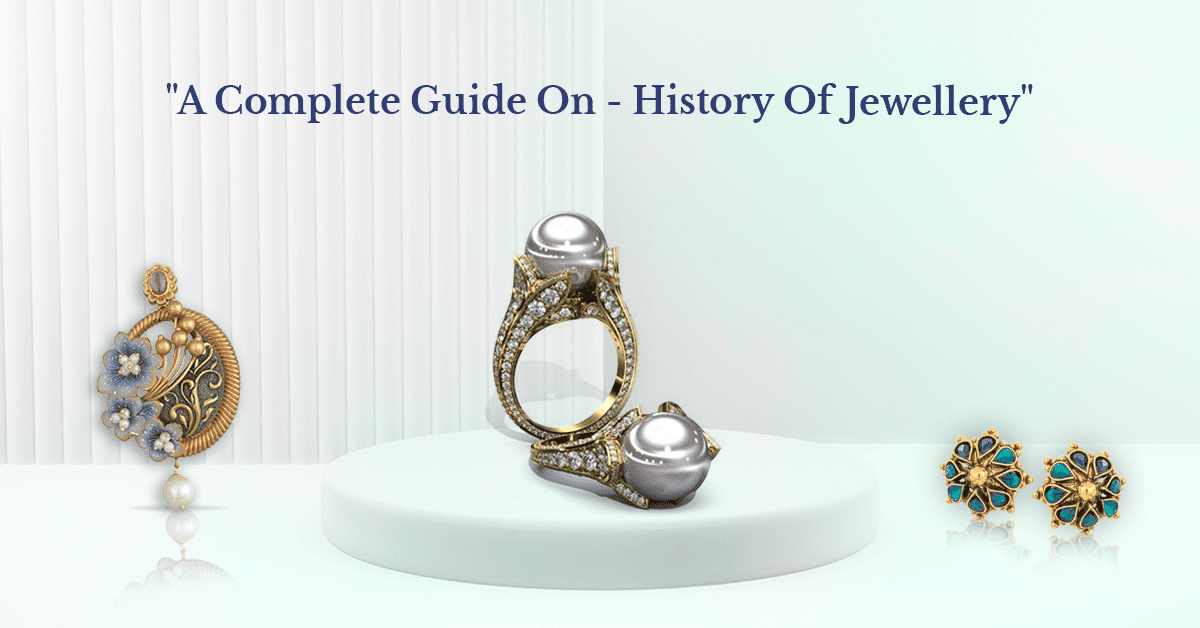
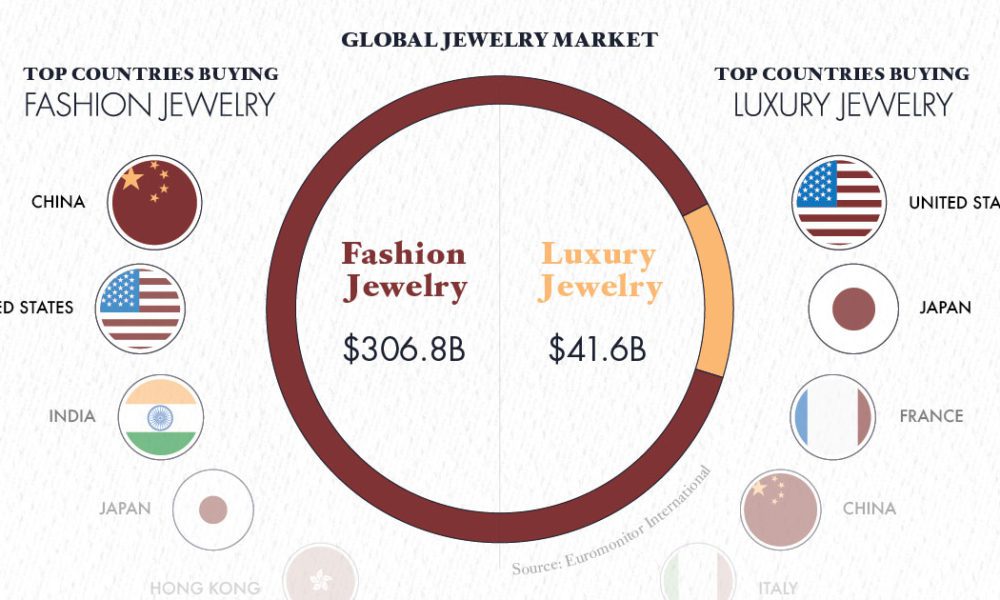
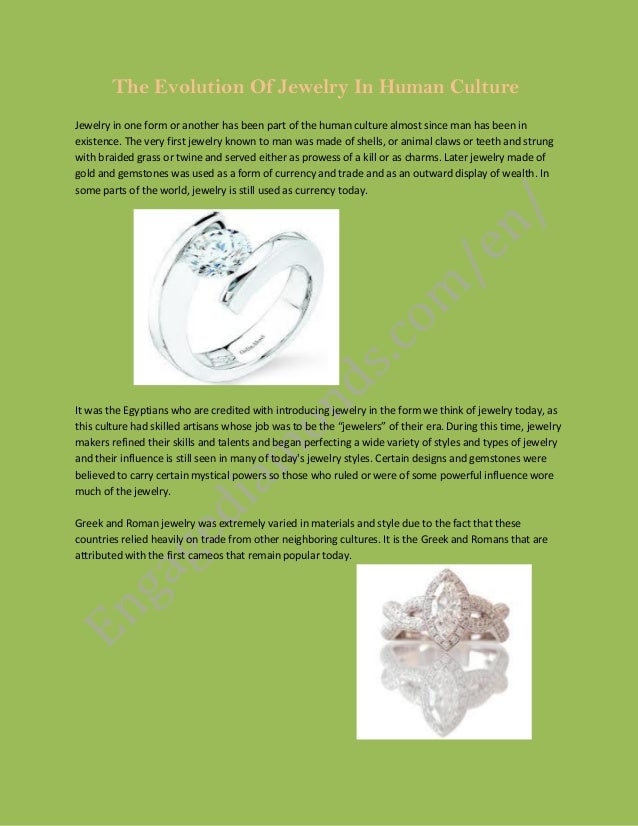


Closure
Thus, we hope this article has provided valuable insights into The Evolution of "Jewellery": A Linguistic Journey Through Time. We hope you find this article informative and beneficial. See you in our next article!